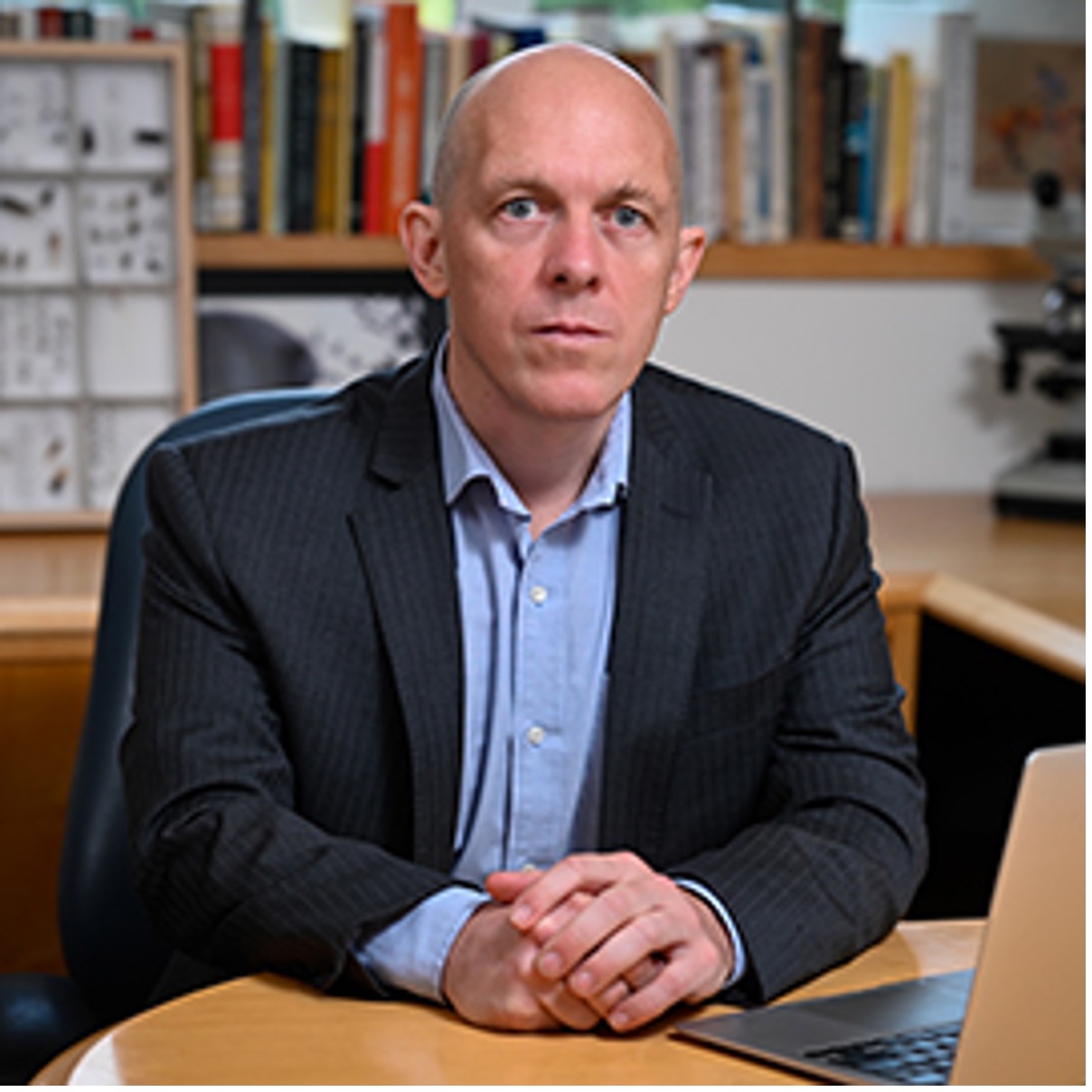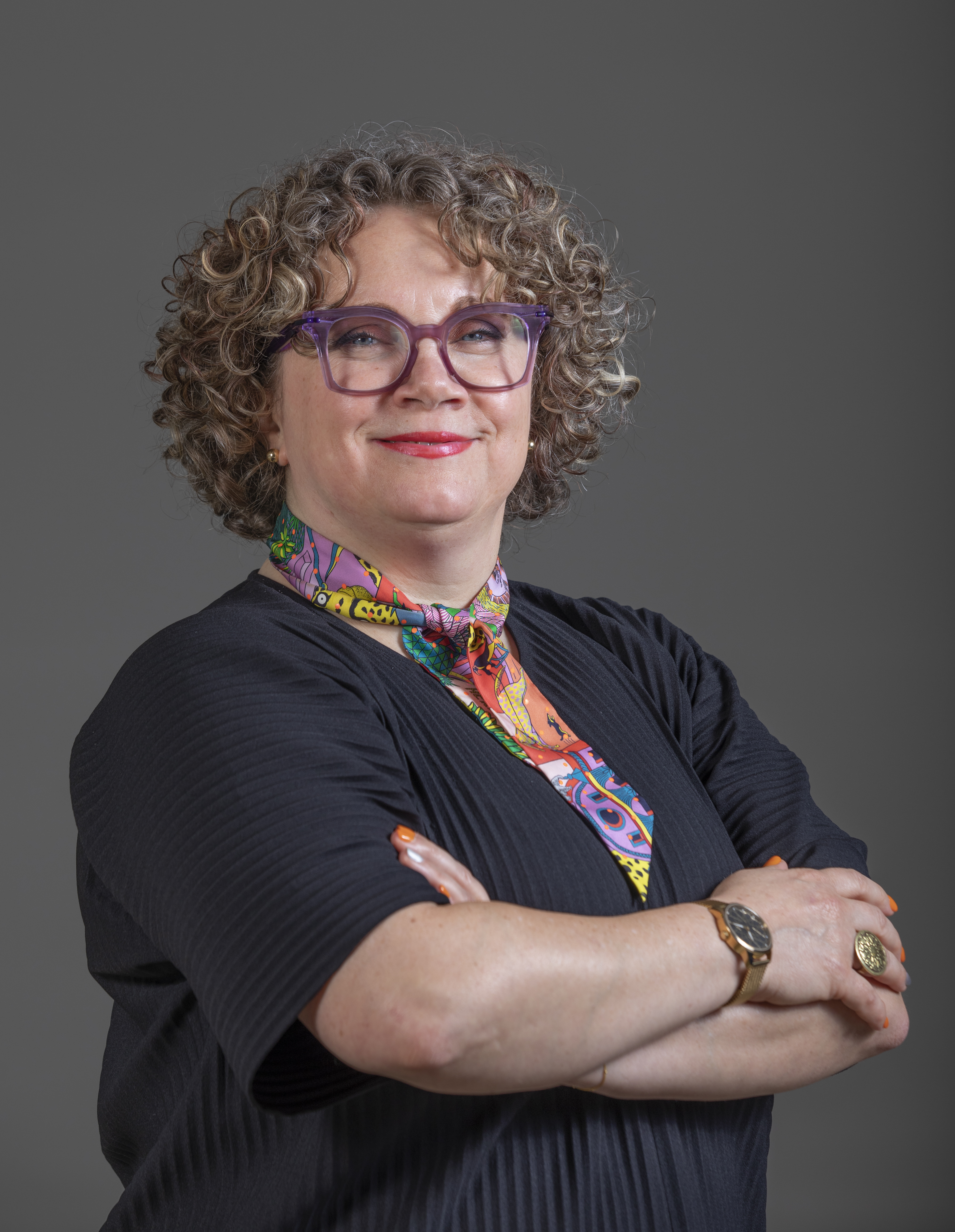University of Lapland

Áile Aikio (she/her) is a Sámi scholar from Ohcejohka, Finland. She holds a Ph.D. in Social Sciences and is currently a postdoctoral researcher at the University of Lapland, Finland. Her research interests encompass Sámi studies, museums and cultural heritage, duodji, and decolonization and indigenization practices. Currently, Aikio is engaged in the project "Sámi Political Traditions and Thought in Co-becoming with the Environment," funded by the Academy of Finland. Her recent publications include her doctoral dissertation "Saamelainen museo? Tutkimus saamelaisen kulttuuriperinnön ontologisesta politiikasta" ['Sámi Museum? A Study on the Ontological Politics of Sámi Cultural Heritage'] (2023) and the co-edited volume "The Sámi World" (2022). Prior to her academic career, Aikio was curator at the Sámi Museum Siida in Inari.
In this keynote lecture, I approach the theme of the conference from the perspective of Sámi research. By presenting Sámi viewpoints and environmental relationships, I aim to highlight how minority ways of thinking are frequently marginalized or excluded in discussions about the past, present, and future.
First, I will discuss the invisibility of Sámi histories and understandings in the nature narratives of the North on national platforms. Second, I will introduce the Sámi concept _duodji_ ('Sámi handicrafts') and the practice of _duddjot_ ('to make _duodji'_), approaching them as acts of multispecies reciprocal care that constitute Sámi co-becoming with the environment. I employ duodji as an example of alternative ways to approach environmental histories and as an opportunity to underscore that there is not just one reality, one environment, or one environmental history, but rather a multiverse of overlapping and interlocking realities shared with other beings. Finally, I will conclude with comments on the challenges, threats, and opportunities within transdisciplinary collaboration between Indigenous communities and academia: What is the role of Indigenous Peoples and their knowledges in the attempt to find solutions to the global ecological crises?
My title, "Rievdat, jorrat ja gulahallat," is a North Sámi translation of the key concepts of the conference. Sámi is a verb-based language, and in my translation, the keyword nouns have been turned into polysemous verbs: 'to change' or 'to drift,' 'to spin' or 'to turn into,' and 'to communicate.' I have chosen to use Sámi concepts in my otherwise English presentation to emphasize the importance of language in knowledge production. For me, the Sámi language reflects Sámi thinking and how we understand the world. Furthermore, the use of an endangered Indigenous language in an academic conference presents an opportunity to highlight how the language we use and the epistemologies underlying our thinking influence the types of research questions we are able to ask. What impact will result if the research questions and objectives of environmental histories are based solely on one-sided epistemologies, source materials, and conceptions of nature? Moreover, if we do not challenge the tradition of unidimensional and unilateral knowledge production, what critical opportunities are missed to ensure safe and just futures for all beings?
Time and Location:
Monday, August 19
17:30 - 19:00
Saalastinsali, University of Oulu
North Carolina State University

Dr. Robert (Rob) Dunn serves as Senior Vice Provost for University Interdisciplinary Programs at NC State University. In this role, Dunn oversees the Office of University Interdisciplinary Programs, which includes: the Chancellor’s Faculty Excellence Program; the Data Science, Genetics and Genomics, and Global One Health Academies; the Biotechnology Program; the Coastal Resilience and Sustainability Initiative; NC State Innovation and Entrepreneurship; the Integrative Sciences Initiative; the Long View Project; the Sustainable Futures Initiative; and the Shelton Leadership Center. He has worked alongside university leaders and campus partners to stand up the office, and is responsible for equipping new interdisciplinary initiatives for success, continuing to support existing initiatives, and achieving the office’s strategic goals.
Dunn also holds a William Neal Reynolds Distinguished Professorship in the Department of Applied Ecology, where he devotes 20 percent of his time. He has been a member of the NC State faculty since 2005. Dunn manages the Public Science lab. His research has been awarded more than ten million dollars in grants from no fewer than twelve different sources for work in 20 different countries.
Dunn received his Bachelor of Arts in biology from Kalamazoo College, and his Ph.D. in ecology and evolution from the University of Connecticut. He is an avid writer and has published many popular articles, in National Geographic, the New York Times, the Wall Street Journal among many others, as well as seven books, most recently, A Natural History of the Future and Delicious, The Evolution of Flavor and How it Made us Human, with Monica Sanchez.
Website: https://cals.ncsu.edu/applied-ecology/people/rob-dunn/
https://robdunnlab.com/
https://yourwildlife.org/
To ecologists, mutualisms are relationships in which two species interact in ways that both benefit.
Mutualisms have been fundamental to human evolution and history, albeit relatively neglected by scholars. In this wide-ranging talk--spanning from honeyguides to dogs to bacteria that live in the mouths of ants-Dunn will explore the prehistory of human mutualisms as well as the radical transition that occurred as some human populations began to collaborate (or, should it be, began to be domesticated by) yeasts and grains. Radical new, transformative mutualisms with pigs, goats, sheep and, eventually, chickens would follow. The units evolutionary biologists and ecologists use to measure these ancient mutualisms are units of evolutionary fitness. But as we consider the mutualisms of the future, we can make choices about how we measure our partnerships with other species and whether they are mutually beneficial. We can also make choices about the species with which we partner. Dunn concludes by considering the ways in which we might imagine different kinds of futures in which we partner with far more species on new terms. He focuses particular attention to the role of pleasure in general and flavor in particular in these relationships.
Time and Location:
Thursday, August 21
11:15 - 12:45
Saalastinsali, University of Oulu
Doha Institute for Graduate Studies

Dr. Amal Ghazal is the Professor of History and Dean of the School of Social Sciences and Humanities at the Doha Institute for Graduate Studies. She received her BA from the American University of Beirut and her MA and PhD in History from the University of Alberta. She was a postdoctoral fellow at the University of Toronto, and a faculty member at Dalhousie University in Halifax, and Simon Fraser University in Vancouver, where she also directed the Centre for Comparative Muslim Studies. She specializes in modern Arab intellectual history, with a focus on intellectual networks. She was the recipient of several grants from the Social Sciences and Humanities Research Council of Canada, of the Gerda Henkel Foundation Research Scholarship, and the Institut d'Etudes Avancées de Nantes Fellowship. Her publications have covered many topics, including nationalism, Islamic reform, sectarianism, slavery, etc. and have encompassed a wide geography, from the Arabian Peninsula to East Africa, from the Eastern Mediterranean to North Africa.
Our knowledge production as scholars of humanities and social sciences is conditioned by borders, epistemological and physical, imagined and real.
It is shaped by disciplinary training, location, funding , and different types of governance. While disciplinary training and specialization are necessary, they can impede us from seeing connections across the borders. Drawing on my own experience as a historian of modern Arab intellectual history and currently as a Dean of the School of Social Sciences and Humanities at the Doha Institute for Graduate Studies, I will discuss in this talk how the network as a methodology allows us to overcome the shortcomings of disciplines and specializations. I will also shed light on both the opportunities and the challenges facing scholarly communities to build (and build on) such networks for our different channels of knowledge production to feed into each other and for us to engage in a global discourse on the future of humanity.
Time and Location:
Friday, August 22
16:00 - 17:45
Saalastinsali, University of Oulu